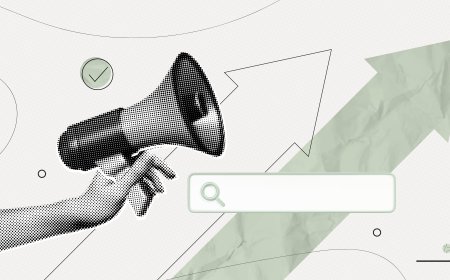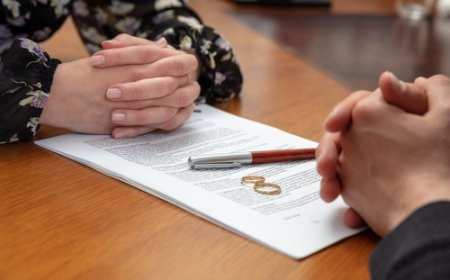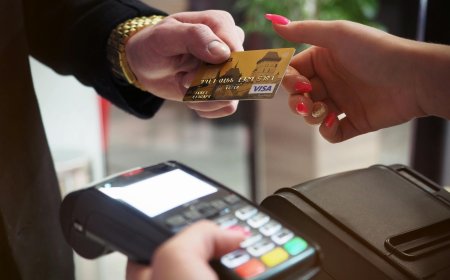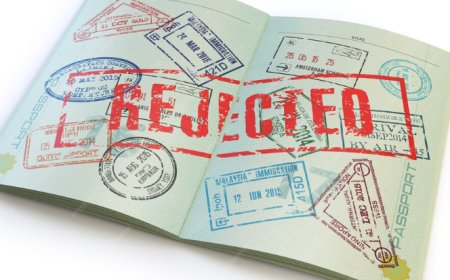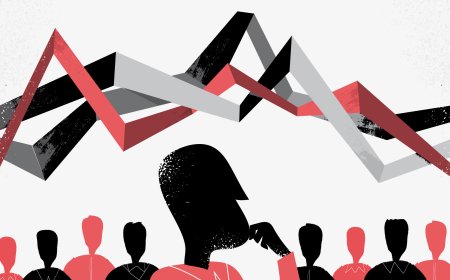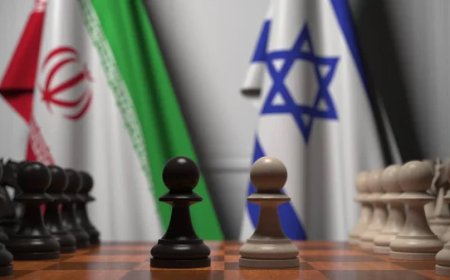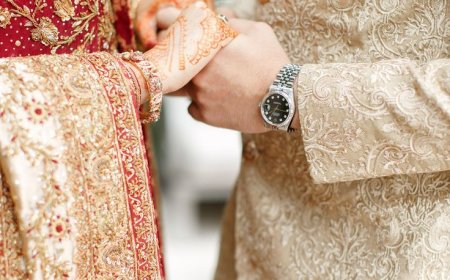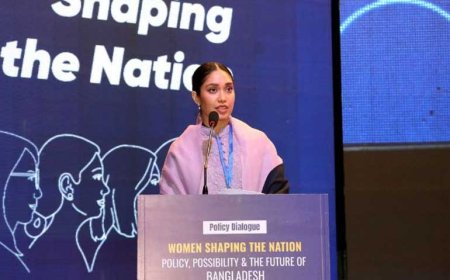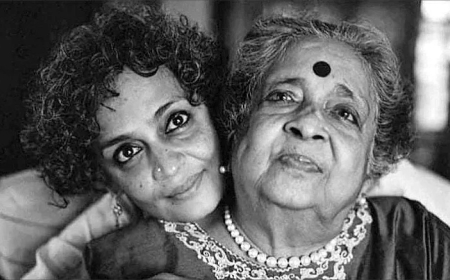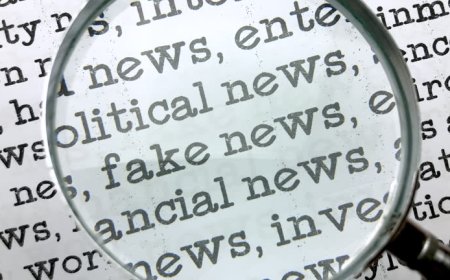Britain’s Golden Handshake: How London Became a Washing Machine for the World’s Stolen Billions
It is time for UK government to get serious when it comes to cracking down on illegal money looted by despots from the developing world and parked in London.
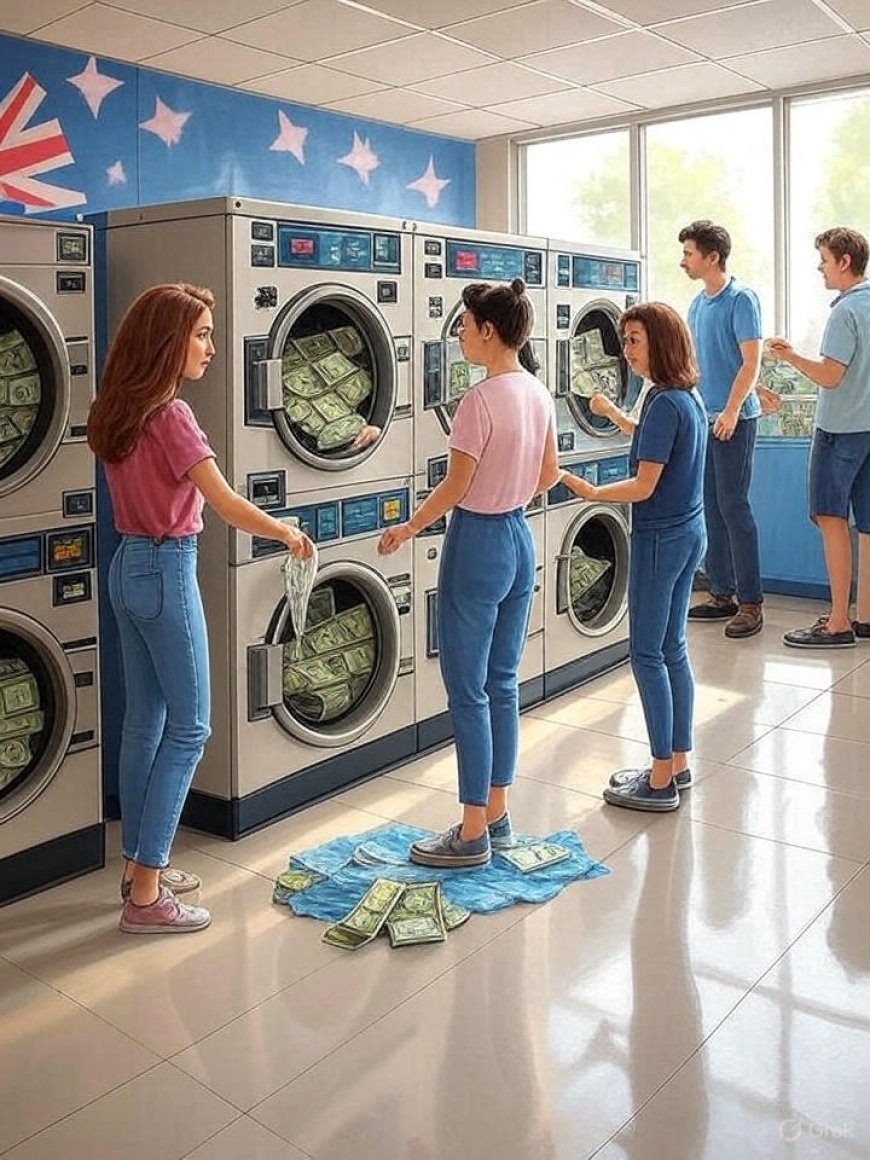
For years, the UK -- especially London -- has loved to present itself as the gold standard of finance. Stable, secure, squeaky-clean. But scratch beneath the surface of that polished PR and what do you find?
A country that’s quietly opened its doors -- and its real estate market -- to some of the dirtiest money on earth. We’re not just talking about loose change from a few shady deals. We’re talking billions, looted from poor and developing countries, funneled through clever tricks, and parked comfortably in London’s most luxurious addresses. The UK didn’t just allow this to happen. In many ways, it rolled out the red carpet -- handing out golden visas, corporate secrecy, and polite silence.
Take Bangladesh, for example.
Over the past 15 years, during the Awami League’s long grip on power, a staggering amount of money allegedly left the country. Some estimates say it was £11 billion ($16 billion) per year. Others go even further -- suggesting as much as $234 billion vanished in a decade and a half. That’s not corruption. That’s wholesale looting. And where did all that money end up? Not under mattresses. Not in secret caves. No, much of it found its way to London. Gleaming homes in Mayfair, Surrey, even new apartments in Liverpool. The money was washed clean through UK banks, shell companies, and the good old British property market.
How did they do it?
Not with briefcases of cash. That’s old school. These guys used:
Hundi/Hawala: Ancient, informal money transfer systems that leave no paper trail. Totally legal in theory, but also perfect for dodging currency restrictions and hiding the source of funds.
Trade misinvoicing: Importers overstate the price of goods to send out more money than necessary. Exporters understate values and keep the real money abroad. Sometimes, they even cooked up fake shipments -- sending money for goods that never existed.
Shell companies: Want to hide your name from public view? Just set up an offshore firm in the British Virgin Islands or the Isle of Man. Voilà -- no one knows who owns the property, even law enforcement in some cases.
Once the money made it to the UK, it got folded into legitimate-sounding purchases -- mainly through real estate. That’s how people like Saifuzzaman Chowdhury, the former Land Minister, allegedly ended up with over 350 properties in the UK. One house alone, in St John’s Wood, cost £11 million. Oh, and he reportedly spent half a billion dollars globally on real estate -- all while Bangladesh limits annual overseas transfers to a measly $12,000.
Then there’s Shayan Rahman and Ahmed Shahryar, relatives of Salman F Rahman. They picked up multimillion-pound flats in London’s Grosvenor Square like they were buying candy. Some of those purchases -- £35 million, £26 million -- were made through offshore companies. The National Crime Agency has frozen £86 million of their assets so far. But again, that’s likely just the tip of the iceberg.
Even other business elites like Nazrul Mazumder allegedly borrowed from banks like UBS and Coutts to buy properties in Kensington. Total price tag? £38 million.
But here’s the kicker:
This whole setup doesn’t work without help. And by help, I mean British professionals -- lawyers, bankers, accountants, estate agents -- who either looked the other way, didn’t ask questions, or were actively helping to make these deals happen.
Big-name firms like Charles Russell Speechlys, Jaswal Johnston, and Charles Douglas Solicitors LLP helped structure property deals. Banks like Barclays, Credit Suisse, and UBS offered mortgages. Real estate firms like MovingCity managed entire property portfolios.
Now, maybe they’ll say, “Hey, we followed the rules.” But if the rules let this much dirty money through, what good are the rules?
So what now?
The UK’s National Crime Agency has started freezing assets -- about £90 million connected to Bangladeshi elites so far. That’s something. But let’s be honest -- it’s like putting a Band-Aid on a gunshot wound.
For far too long, Britain’s financial system has acted like a polite butler for the world’s kleptocrats. As long as you brought the money, they didn’t ask where it came from. Want to steal from your people and buy a mansion in Surrey? Right this way, sir.
This isn’t just a Bangladesh story. The same thing has happened with Russian oligarchs, Nigerian politicians, Gulf elites -- you name it. London has become the go-to place to clean dirty money and launder reputations.
If the UK’s serious about changing this, it needs to close every loophole, expose every hidden owner, and start holding not just the crooks, but the enablers accountable.
Until then, the message is loud and clear: if you steal big enough, Britain will not only welcome you -- it’ll help you shop for property.
Kawsar Chowdhury is an entrepreneur for the last 30 years involved in businesses both in Bangladesh and the USA. He is the Co-host of the Bangladesh & The World Podcast, and also is the co-chairman of the Bangladesh America Alliance, an advocacy group established in the US.
What's Your Reaction?








